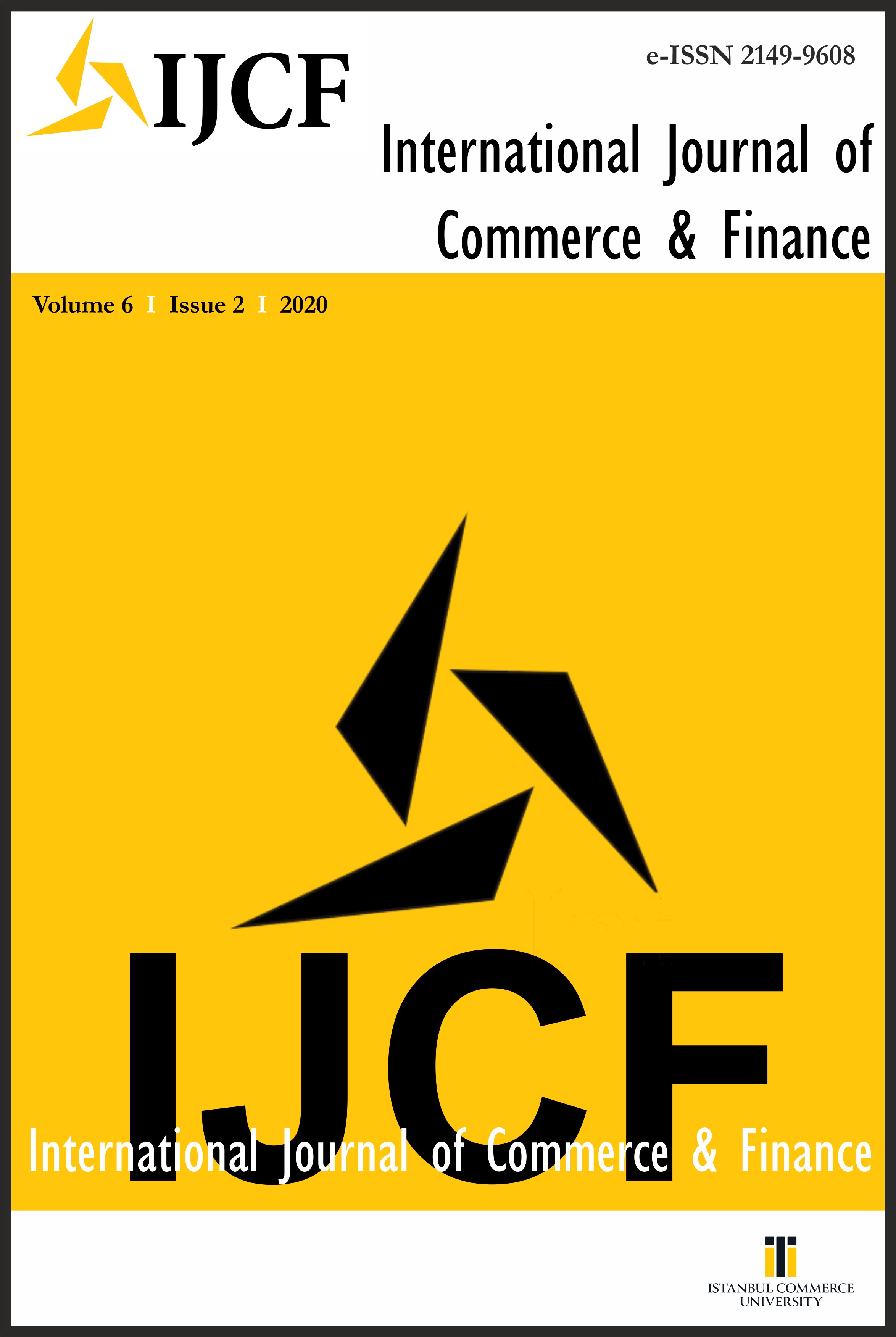Investigating the Effect of Energy Price on Food Price Inflation in Three Asian Countries
Abstract
The rising of energy prices resulting from the turmoil inthe Middle East may be responsible for the recent food price inflation in the world, which may occur through transmission mechanism. This study investigates the effect of energy prices on food price inflation in three Asian countries, namely; China, Philippine, and Vietnam using monthly data from 2002:M01 to 2020:M12. Employingthe Panel Vector Autoregressive (PVAR) model withImpulse Response Functions (IRFs), the results provided that shocks in energy prices and economic growth have a positive and significant effect on food price inflation while shocks in exchange rate and agricultural production have anegative but insignificant effect on food prices inflation. The PVAR causality results revealed that economic growth is a predictor of food price inflation, energy prices, exchange rate, and agricultural production. Also, a causality runs from economic growth and exchange rate to energy prices and again, from economic growth to exchange rate and agricultural production. This implies that a feedback effect is found between economic growth and exchange rate as well as economic growth and agricultural production. Therefore, the study recommended the need to stabilize energy prices through effect energy policies in Asian countries.
Key words: Food prices inflation, Energy prices, Food insecurity, Economic growth
Full Text:
5. UyiIndexing and Abstracting Services










Other Sources and Services



License

International Journal of Commerce and Finance is licensed under a Creative Commons Attribution-NonCommercial-4.0 International (CC BY-NC 4.0) License.
Mailing Address
| International Journal of Commerce and Finance Örnektepe Mah. İmrahor Cad. No: 88/2, Beyoğlu 34445 / İSTANBUL, TURKEY E-mail : hersoy@ticaret.edu.tr |



